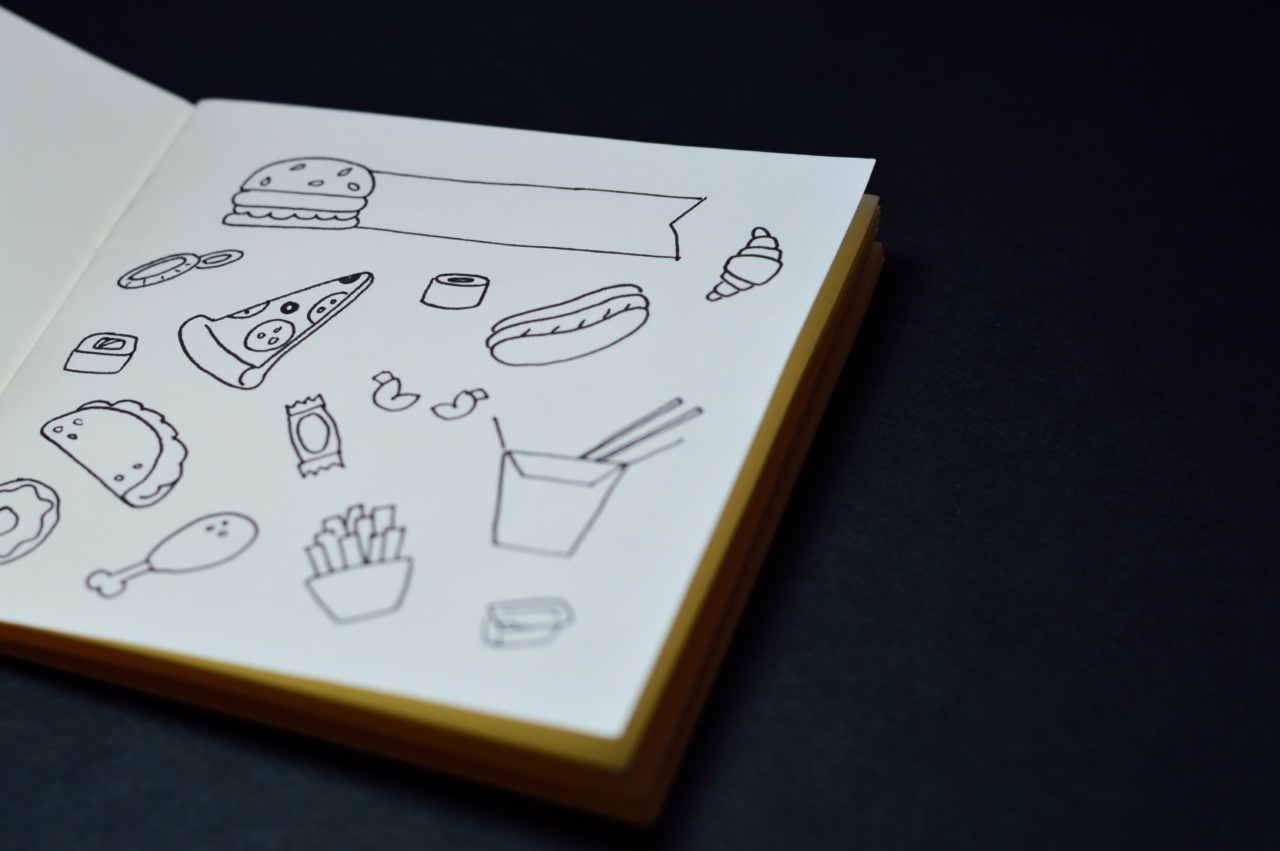Junk food has become a staple in the modern diet, with its tempting flavors and convenience. From burgers and pizzas to fries and sodas, these delectable treats fill our stomachs and satisfy our taste buds.
However, excessive consumption of junk food can have dire consequences on our health, one of which is hypertension. In this article, we will explore the relationship between excessive junk food consumption and hypertension, shedding light on the impact it has on our cardiovascular health.
Understanding Hypertension
Hypertension, commonly known as high blood pressure, is a chronic medical condition characterized by elevated blood pressure levels in the arteries.
It is often referred to as a silent killer because it may not exhibit noticeable symptoms initially, yet can lead to severe health issues if left uncontrolled. Hypertension is a significant risk factor for various cardiovascular diseases, including heart attacks, strokes, and heart failure.
Junk Food: A Recipe for Disaster
Junk food is typically high in calories, unhealthy fats, sodium, sugar, and low in essential nutrients. Regular consumption of these processed and fried foods can lead to obesity, an important underlying factor for developing hypertension.
Excess body weight places additional strain on the cardiovascular system and can lead to an increase in blood pressure levels.
The Role of Sodium
Sodium, a mineral commonly found in processed foods like chips, snacks, and fast food, plays a significant role in regulating blood pressure. However, when consumed in excess, sodium can disrupt this delicate balance and cause blood pressure to rise.
Many fast food items contain alarmingly high levels of sodium, far exceeding the daily recommended intake. Increased sodium intake leads to water retention, resulting in increased blood volume and elevated blood pressure.
Sugar and Blood Pressure
In addition to sodium, the excessive sugar content in junk food can also impact blood pressure levels. Regular consumption of sugary beverages and sweets can contribute to weight gain and lead to insulin resistance and metabolic syndrome.
These conditions are closely linked to hypertension and can increase the risk of developing cardiovascular diseases.
Unhealthy Fats and Their Effects
Junk food often contains unhealthy trans fats and saturated fats. These fats increase the levels of bad cholesterol (LDL) and decrease the levels of good cholesterol (HDL) in the bloodstream.
This imbalance can lead to the buildup of plaque in the arteries, narrowing them and increasing the resistance to blood flow. As a result, blood pressure rises, and the risk of hypertension and related complications escalates.
Impact on Gut Health
Consuming excessive amounts of junk food can disrupt the balance of gut bacteria, leading to an imbalance known as dysbiosis.
Research suggests that dysbiosis is associated with inflammation and insulin resistance, both of which contribute to the development of hypertension. Additionally, an unhealthy gut microbiome can affect the production of a compound called nitric oxide, which helps regulate blood pressure.
The Psychological Connection
There is a strong psychological connection between junk food consumption and hypertension. Many people turn to comfort foods loaded with sugar, salt, and unhealthy fats as a way to cope with stress and emotions.
This emotional eating can contribute to weight gain and the development of hypertension over time.
Fast Food Culture and Lifestyle Factors
The rise of fast food culture and the increasing availability of unhealthy food options have made it easier for individuals to indulge in junk food regularly.
Combined with sedentary lifestyles and lack of physical activity, this can lead to weight gain, obesity, and ultimately, hypertension. The convenience and affordability of junk food have contributed to its widespread consumption and subsequent health consequences.
Tackling the Problem
Addressing the harmful effects of excessive junk food consumption on hypertension requires a multi-faceted approach. Education plays a paramount role, and public health campaigns should promote awareness about the health risks associated with junk food.
Encouraging healthier eating habits, promoting home-cooked meals, and providing access to nutritious food options can all contribute to reducing the incidence of hypertension.
The Importance of a Balanced Diet
Adopting a well-rounded diet rich in fruits, vegetables, lean proteins, and whole grains is crucial for maintaining healthy blood pressure levels.
Reducing the intake of processed and fast food, along with minimizing sodium and sugar consumption, can significantly contribute to overall cardiovascular health and hypertension prevention.
Conclusion
Excessive consumption of junk food has a detrimental impact on hypertension and overall cardiovascular health.
The high levels of sodium, sugar, unhealthy fats, and empty calories present in junk food contribute to weight gain, inflammation, insulin resistance, and other factors that increase the risk of developing hypertension. By understanding the connection between junk food consumption and hypertension, we can make informed choices about our diet and prioritize our long-term health.





























